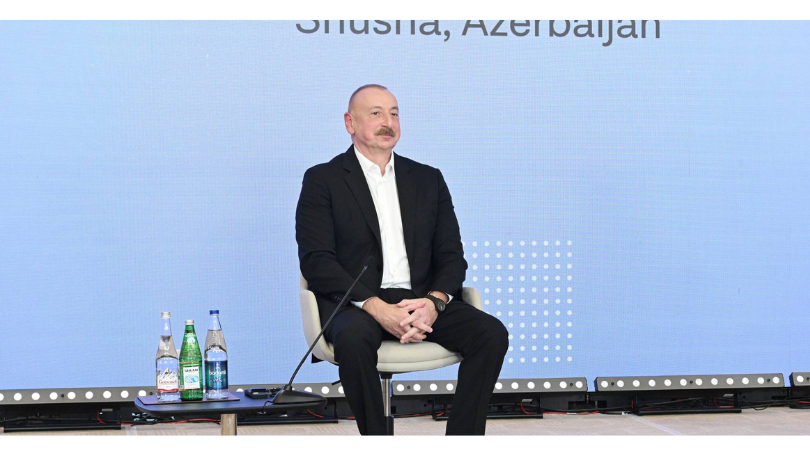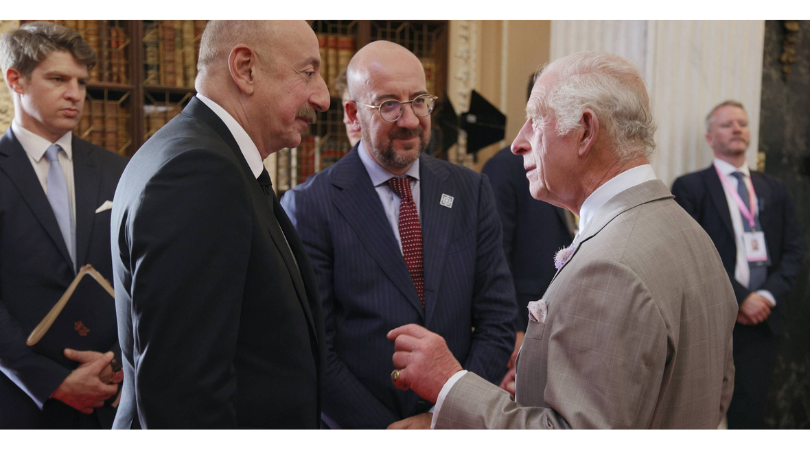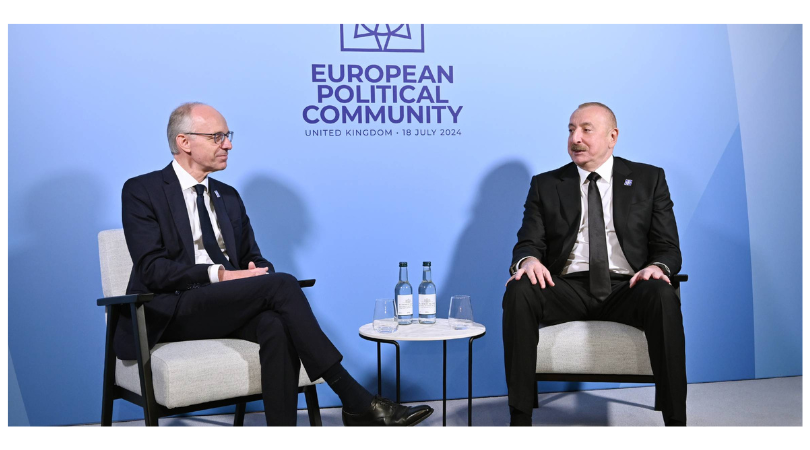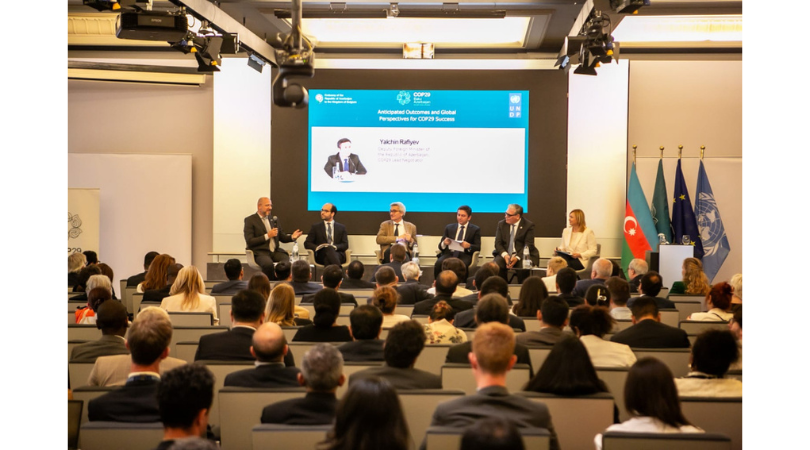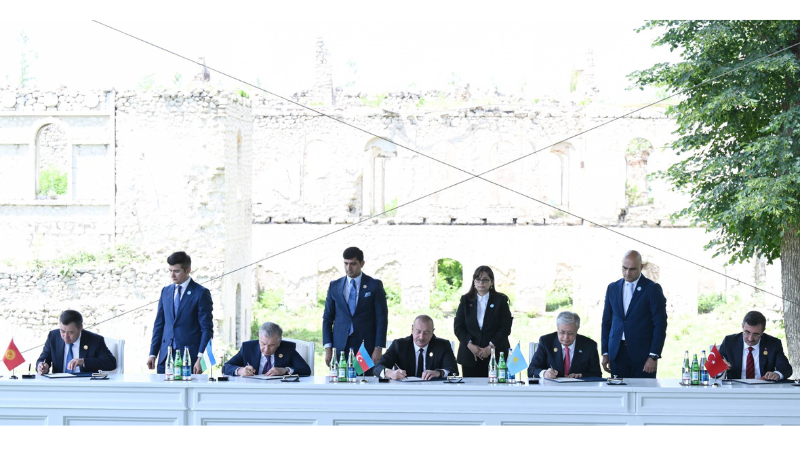Azerbaijan, which has acquired Greek gas transmission system operator DESFA, is wondering why the European Commission is taking so long to decide if the deal is compatible with EU law, Minister of Energy of Azerbaijan Natig Aliyev told EurActiv.
In December 2013, Azerbaijan's state-owned oil and gas producer SOCAR won the tender, and both a 66% stake in Greece's gas transmission operator DESFA, for €400 million. The Greek state controls the remaining 34% stake in DESFA. The deal boosted the chances that the Trans-Adriatic Pipeline (TAP) will win its bid for Azeri gas, against its competitor Nabucco, and indeed, soon after, TAP won over Nabucco. SOCAR has a 20% stake in TAP.
>> Read: Azerbaijan’s SOCAR buys Greek gas operator DESFA
>> Read: EU-backed Nabucco project 'over' after rival pipeline wins Azeri gas bid
Now the EU hails the project to bring Azeri gas to Europe by 2019-2020 via the Southern Gas Corridor (SGC), of which TAP is part, as the first real step towards the diversification of gas sources, and decreasing energy dependence from Russian gas, especially for Southeastern Europe.
But in November 2014, the Commission opened an in-depth investigation to determine whether the acquisition of DESFA SOCAR is in line with the EU Merger Regulation.
Aliyev, who met yesterday in Brussels with Commission Vice-President Maroš Šefčovič, told EurActiv that he conveyed his country’s worries about the procedure.
The minister explained that from Azerbaijan's perspective, there was no conflict of interest in acquiring the majority stake in SOCAR, because the owner of the gas to be pumped through SGC was not Azerbaijan, but the consortium of the Shah Deniz II gas field, from where it originates. The Shah Deniz field is operated by BP, which has a share of 28.8%. Other partners include Turkey’s TPAO (19%), SOCAR (16.6%), Brazil’s Petronas (15.5%), Russia’s LukOil (10%) and Iran’s NIOC (10%).
“As you know, in Shah Deniz, Azerbaijan has now has a participation of only 16.6%. That’s why we don’t think one should look at Azerbaijan both as the owner, the transporter and the distributor of gas. I hope that the European Commission will take this into account,” Aliyev said.
The minister also commented on the recent visit of Azerbaijani President Ilham Aliyev to Bulgaria, where his host, Prime Minister Boyko Borissov, tried to revive the Nabucco project.
Aliyev said that Azerbaijan wasn’t competing with Russia, which plans to export 63 billion cubic metres of gas per year (bcm/y) to Southeastern Europe, via South Stream, or the Turkish Stream project.
The current plan is that Azerbaijan will supply 10 bcm/y to EU countries from 2019-2020, which is a smaller quantity, he stressed.
But the minister also referred to his country's considerable gas reserves, which he estimated to be approximately 2.65 trillion cubic metres.
Aliyev said that future projects to bring additional gas were likely to be quite different from the Nabucco pipeline, consisting of a series of intergovernmental agreements to set up interconnectors with reverse flows.
As a model for the future project, Aliyev mentioned the South East Europe Pipeline (SEEP), a proposal by BP dating from 2011, which is largely based on the use of existing pipelines.
The minister also said that if his country is offered a stake in the Greece-Bulgaria interconnector (also known as Stara Zagora Komotini), Azerbaijan could supply Bulgaria with more gas than the 1 bcm/y previously agreed. Bulgaria needs 3-4 bcm/y.
"But this is not the only issue we discussed in Bulgaria. We also discussed that Azerbaijan could take an active part in increasing Bulgaria's gas storage capacities, that it could participate (in the) further gasification and the the modernisation of the chemical plants in Bulgaria," Aliyev stated.

